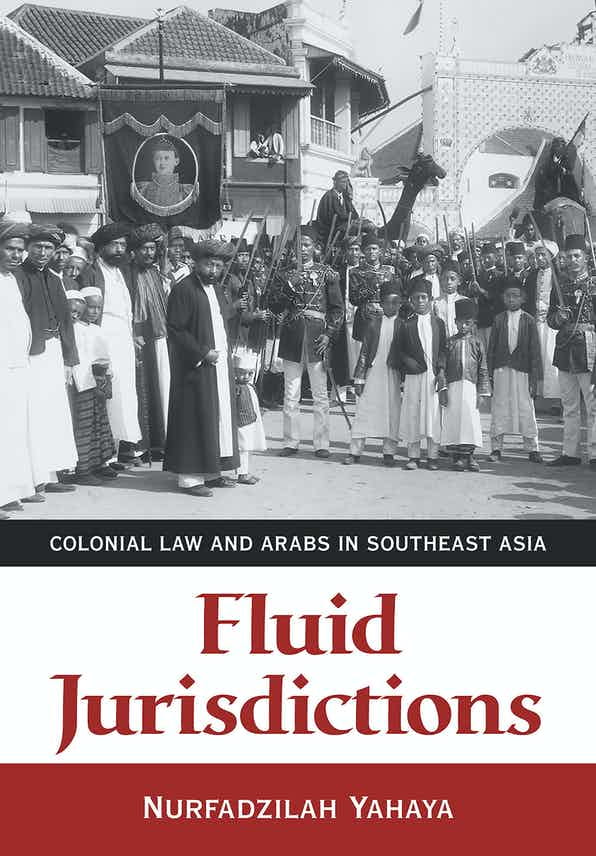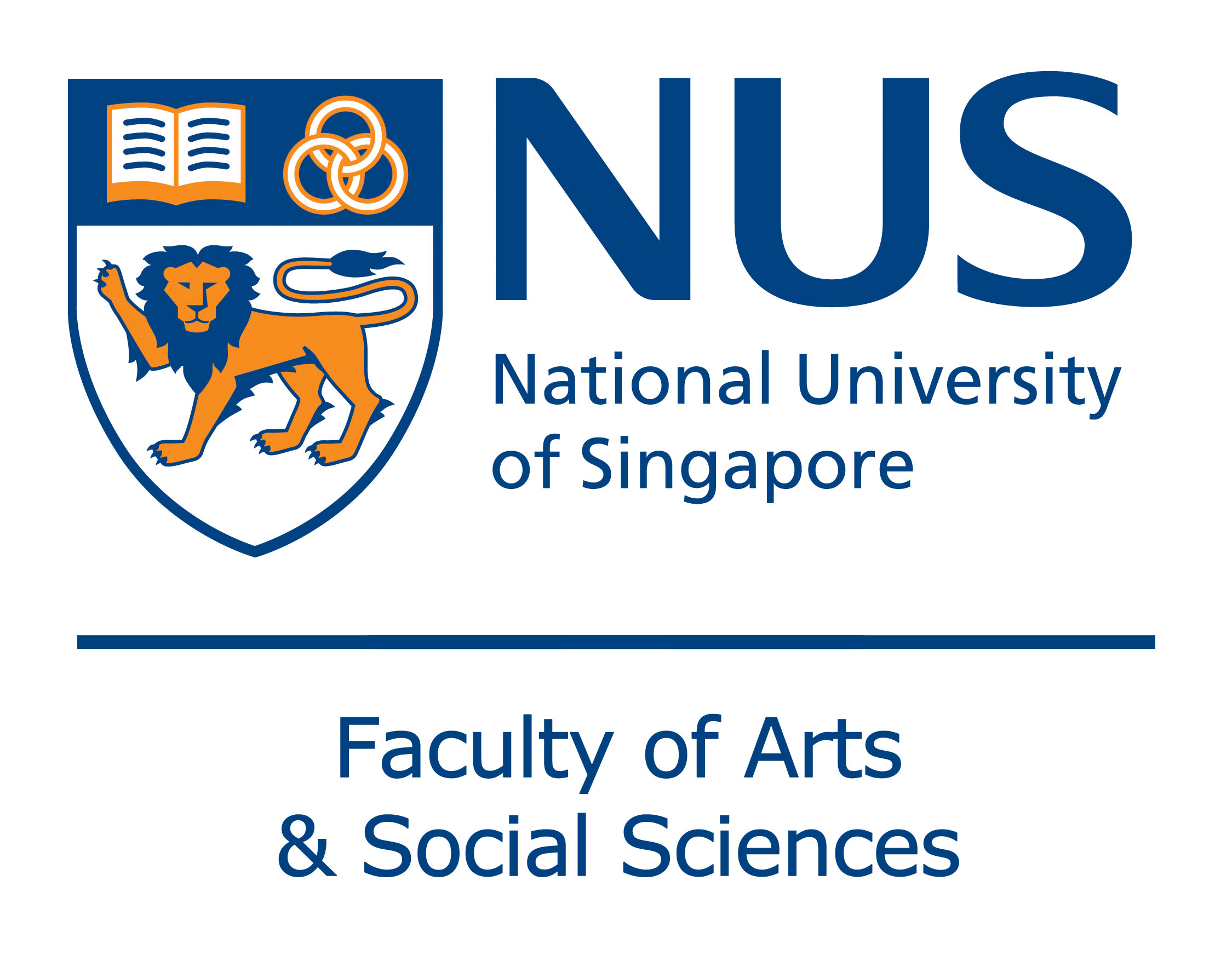Fluid Jurisdictions: Colonial Law and Arabs in Southeast Asia
Nurfadzilah Yahaya
Cornell University Press
Although European  administration of Islamic law was often a colonial imposition, Muslim subjects called upon colonial officials to administer Islamic law in British and Dutch territories in Southeast Asia at a time when jurisdictions were evolving. As an ethnic minority in the region, the Arab elite used colonial channels to exert their influence over Islamic law sometimes at the expense of other Muslim groups in the region. Some even displayed a propensity for using colonial legal forums rather than autonomous legal forums such as religious courts. Over time, they slowly lost their grip over colonial officials who administered Islamic law with minimal input from subject populations.
administration of Islamic law was often a colonial imposition, Muslim subjects called upon colonial officials to administer Islamic law in British and Dutch territories in Southeast Asia at a time when jurisdictions were evolving. As an ethnic minority in the region, the Arab elite used colonial channels to exert their influence over Islamic law sometimes at the expense of other Muslim groups in the region. Some even displayed a propensity for using colonial legal forums rather than autonomous legal forums such as religious courts. Over time, they slowly lost their grip over colonial officials who administered Islamic law with minimal input from subject populations.
Because wealth requires law and therefore state power to enforce and protect it, affluent members of the diaspora increasingly valued colonial legal infrastructure which crucially provided notarial attestation of important documents such as land titles, endowment deeds and marriage certificates housed in storage facilities to be retrieved as evidence in legal disputes. In their quest to insulate property from fragmentation, they prioritized durability of assets, and the universality of norms that rests on the perpetuation of colonial legal systems. Their heavy reliance on two legal devices – the religious trust known as waqf, and Powers of Attorney – led to a significant expansion of colonial legal jurisdictions over Muslim affairs in Netherlands Indies and British Straits Settlements. Litigation involving both devices provided opportunities for the Arab diaspora to play off competing jurisdictions against one another. Eventually, their litigiousness, and close proximity to colonial governments facilitated surveillance over their communities during World War One and the interwar period due to fear of pan-Islamism.
Yahaya, N. Fluid Jurisdictions: Colonial Law and Arabs in Southeast Asia (Cornell University Press, 2020).


You must be logged in to post a comment.